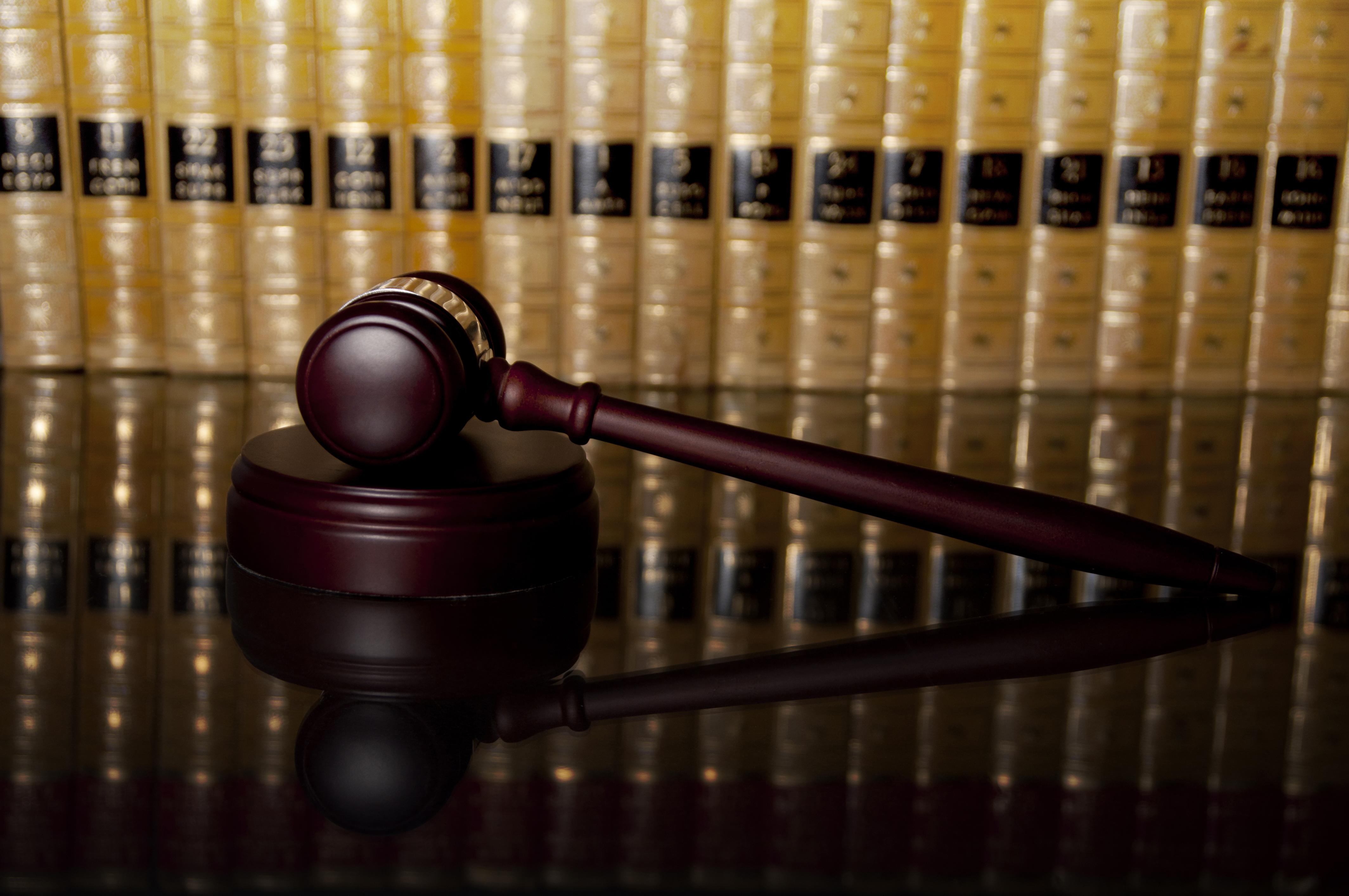
07 Mar Preparing for personal bankruptcy
Photo: faustlawmarketing/morguefile.comQ. I had a failed company and I have three judgments against me personally. Could I get rid of them if I file for bankruptcy?
— Planning
A. It depends.
Assuming that you are otherwise eligible to receive a discharge in a bankruptcy case, a personal guaranty of business debt is, generally speaking, dischargeable, said Ilissa Churgin Hook, a bankruptcy attorney and member of Hook & Fatovich in Wayne.
She said most individuals seek relief either under Chapter 7 or Chapter 13 of the United States Bankruptcy Code.
Here’s how it works.
“Generally, in a Chapter 7 case, a debtor seeks a discharge from his or her debts in exchange for exposing his or her assets to an examination by a third party trustee, who acts as a fiduciary for creditors,” Hook said.
Hook said one of the trustee’s obligations is to look for assets that have equity — after taking into account the costs of sale, any liens against the asset, and any relevant bankruptcy exemptions — and can be liquidated to pay creditors.
Chapter 13 is different. This filing is an option available to an individual or a married couple with regular income seeking to reorganize debts and retain assets, Hook said. A Chapter 13 case normally lasts three to five years and involves a payment plan that allows a debtor to repay debts over time.
So your first question is whether you are eligible for a bankruptcy discharge, and which chapter of the bankruptcy code you should use.
For example, Hook said, you may desire to “wipe out” your debts in a Chapter 7, but if you own an asset that has equity, such as a house, the filing of a Chapter 13 case in which you pay back part or all of your debts — including the judgment debts — in exchange for retaining your interest in your home may be more appropriate for you.
Hook said you may also fail to qualify as a Chapter 7 debtor if your household income is over a certain limit. This varies depending on the county in which you reside.
Further, she said, if there was any fraud involved in obtaining the underlying debt owed to the judgment creditors — for example, if you or your company submitted false financial information in order to obtain a loan — the creditor may object to your attempt to discharge that debt.
And, you may be barred from filing a bankruptcy petition for a certain period of time if you had a prior bankruptcy case, Hook said.
She said assuming that you qualify for a Chapter 7 discharge, you should be able to discharge, or “wipe out,” your personal liability on the judgment debt.
If the judgment creditor has filed a lien against your home, that lien can be avoided in your bankruptcy case if you file a bankruptcy petition within 90 days of the attachment of the lien, she said.
“If however, the judgment lien is already more than 90 days old, a discharge in bankruptcy will relieve you of any personal liability to pay the judgment — meaning that the creditor cannot attempt to collect from you, seize a bank account, or garnish your paycheck — but the lien will survive the bankruptcy and remain a lien against your home even after your bankruptcy case is closed,” she said.
You could file a motion in the state court one year after your discharge and request that the lien be removed as of record.
Sounds like it’s time for you to sit down with an attorney who specializes in bankruptcies to see if any of the options are right for you.
Email your questions to Ask@NJMoneyHelp.com.
This post was first published in March 2017.
NJMoneyHelp.com presents certain general financial planning principles and advice, but should never be viewed as a substitute for obtaining advice from a personal professional advisor who understands your unique individual circumstances.
